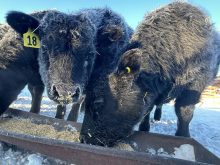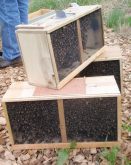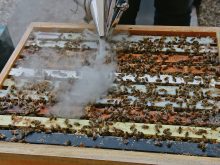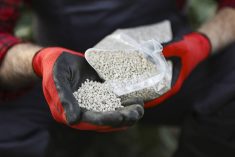The Canadian Food Inspection Agency (CFIA) is confident, based on extensive testing, none of the GM wheat it discovered in southern Alberta last summer has entered Canada’s commercial grain-handling or seed system.
Canada’s wheat registration system played a role in reaching that conclusion.
As of late June, CFIA didn’t know the name of that GM wheat, but it did have its DNA fingerprint, which didn’t match any of the 450 wheats registered in Canada on file with CFIA and the Canadian Grain Commission (CGC).
Read Also
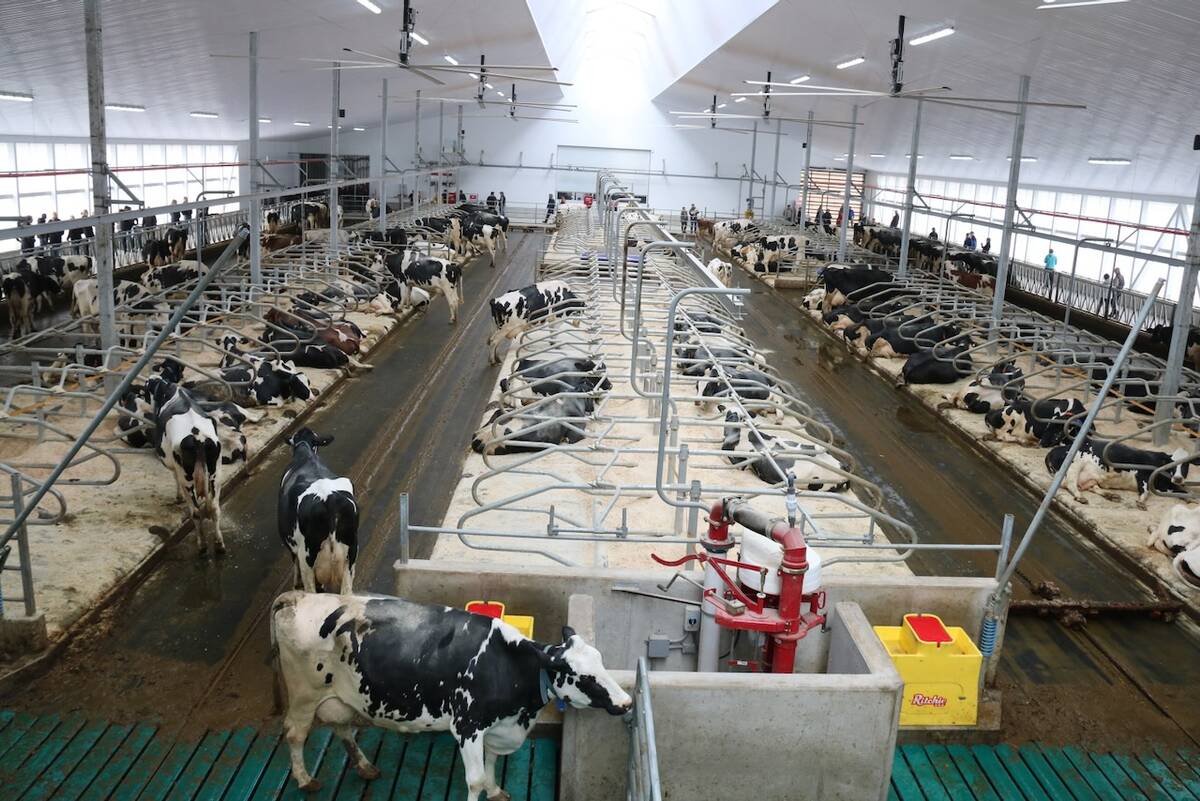
Canadian farm milk price changes to reflect growing protein demand
Protein demand is growing, so the provincial boards that set how Canadian dairy farmers are paid are changing how much protein is emphasized in milk pricing.
“This means that, as wheat must be registered prior to sale or import into Canada, farmers who purchase registered seed varieties can rest assured that these varieties are free from GM wheat,” a detailed report prepared by CFIA says.
That’s not something the United States can say since it doesn’t have a wheat registration system, a retired CFIA official noted.
CFIA has also developed a test kit to identify that genetic modification, created by Monsanto.
To be sure Canadian wheat exports are GM free, 170,000 individual wheat kernels collected by the CGC from 1,500 Canadian wheat exports from the past three years were tested.
“Through a review of the data, no matches for this type of GM wheat have ever been found by the CGC,” the report says. “The CFIA will continue to work in collaboration with the CGC to monitor Canadian grain to make sure it does not contain any varieties that do not conform to what should be in bulk export shipments.”
CFIA and CGC also tested five composite wheat samples from the CGC’s Harvest Sample Program from across the Prairies.
“These composite samples are representative of western Canadian wheat classes, and included a total of 1,692 individual samples,” the report says. “Both the CFIA and CGC independently tested these samples for GM wheat. On April 26, 2018, the CFIA confirmed that no GM wheat was detected. This result was independently confirmed by the CGC.”
On April 20 CFIA held its first meeting with the owner of the land where the GM wheat was found.
Discussions included the land’s history, crop rotation, including other fields on the farm, agricultural practices, as well as the location and contents of stored wheat.
“The CFIA conducted significant on-site sampling and testing of all wheat stored on the farm and grain that had wheat present,” the report says. “These inspection activities extended to the entire farming operation including nine fields covering approximately 1,500 acres of farmed land.
“On May 1, 2018, CFIA test results for the farming operation’s seed and stored grain were all confirmed to be negative for GM wheat. This finding indicates that GM wheat was not present in the farm’s 2017 harvested crops.
“The CFIA was not able to identify anything related to the management practices of the farm that could be linked to GM wheat. The landowner owns and does not share seeding and harvest equipment. The equipment is cleaned in the field or yard and not off site. All fertilizer and herbicide treatments are done by the landowner using typical application approaches.
“This farming operation plants canola, wheat, and barley. All seed samples tested negative for the GM wheat. No seed was ever sold by the landowners. There have been no confined research field trials on the site, or consultants or crop scouts who have visited the farm. All leads were thoroughly explored.”
The closest confined in-field testing of wheat with this specific event was 300 kilometres away, the report says.
“(T)here is no link between past field trials and this current finding in Alberta,” CFIA said in an email.
CFIA also interviewed the leaseholders who use the access road near where the GM wheat was found.
“The CFIA was not able to identify anything linking the management of the roadway to the GM wheat,” the report says.
No construction work was done on the road in the last five years. There was no ground cover seeding of the road ditches and no straw mats used.
As soon as fields were dry May 8 CFIA searched 60,000 square metres near where the GM wheat was found.
Two hundred and eighty-four wheat heads were collected and tested. All but four were negative for GM having tested positive for the Monsanto’s MON71200 event.
The positive heads were within 15 metres of the access road.
“This was not surprising given its proximity to the original find along the access road,” the report says. “This indicates that the GM wheat is present only in a highly localized area.”
CFIA will monitor the site for three years, while the landowner adopts measures, including regularly monitoring the site, destroying any wheat that germinates and restricting the crops grown there, to ensure that no GM wheat persists.




